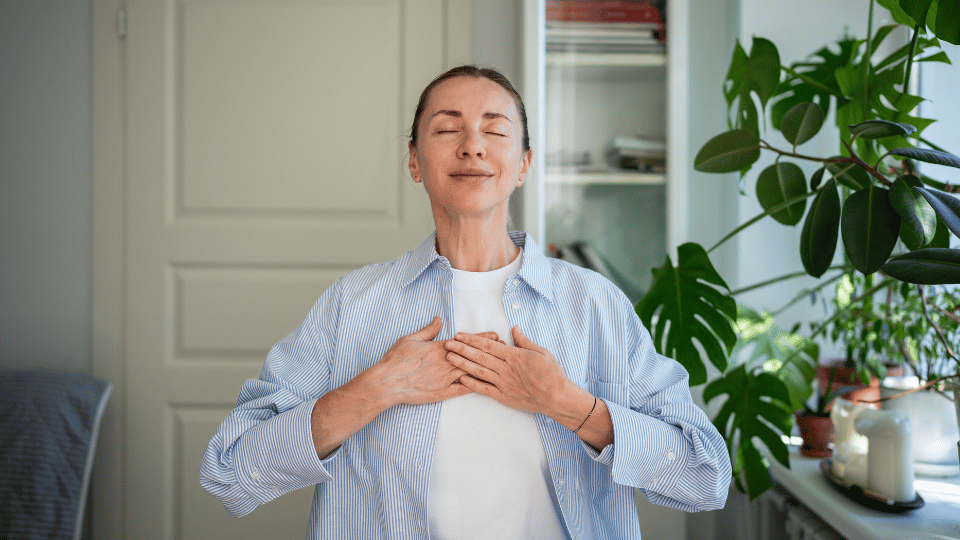Self-care starts here: explore activities, advice and mindfulness
Discover everything you need to know about self-care. From free resources and helpful tips, we can help you take a moment to yourself.
Today, the idea of self-care is considered an important part of maintaining positive physical and mental health, but given the popularity of the term, its real practical applications can sometimes get lost.
Engaging in physical, mental, spiritual and emotional self-care is an important part of everyone's daily endeavour to maintain good mental health.
Identifying and addressing your self-care needs, and finding out what does that best, is something that takes time.
The World Health Organisation (WHO) defines self-care as:
“The ability of individuals, families and communities to promote health, prevent disease, maintain health, and to cope with illness and disability with or without the support of a healthcare provider”.
The ultimate goal of self-care is to maintain mental and physical wellness, achieved by engaging in various activities that are geared towards that goal.
Self-care includes focusing on things like your:
Self-care is all too often relegated to a luxury in life, but it's of vital importance to healthy living. Good self-care exercises make us better able to deal with the stresses of everyday life.
Explore specialist-led videos from Priory experts, featuring guided exercises and techniques designed to support your self-care journey.
Guided meditation is a type of meditation where a narrator or guide leads you through the practice. This can include:
It's an easy and structured way to meditate, making it great for beginners or anyone who prefers a bit of guidance.
Self-care can sometimes be dismissed as a luxury, or something you can only engage in when you have the time. However, we can all go through daily challenges in our lives, increasing our stress levels or leaving us feeling anxious or unhappy.
Self-care is designed to reduce the impact of negative emotions like anxiety, stress, anger and sadness, and help us to maintain balance in our lives. It also helps us to develop a sense of purpose and belonging, motivating us to achieve life goals and generally improve our quality of life.
It can also be very powerful for people suffering with mental health conditions. Self-care might be used to help:
Self-care also has a physical health element too. Physical activities, like exercising, eating healthily and sleeping well are also forms of self-care that have positive long-term effects on both our physical and mental health.

Self-care isn't just for adults. Here, discover engaging and age-appropriate videos designed to help children build resilience, manage their emotions, and develop healthy self-care habits.
These resources provide practical techniques and creative approaches, making self-care accessible and enjoyable for children of all ages.